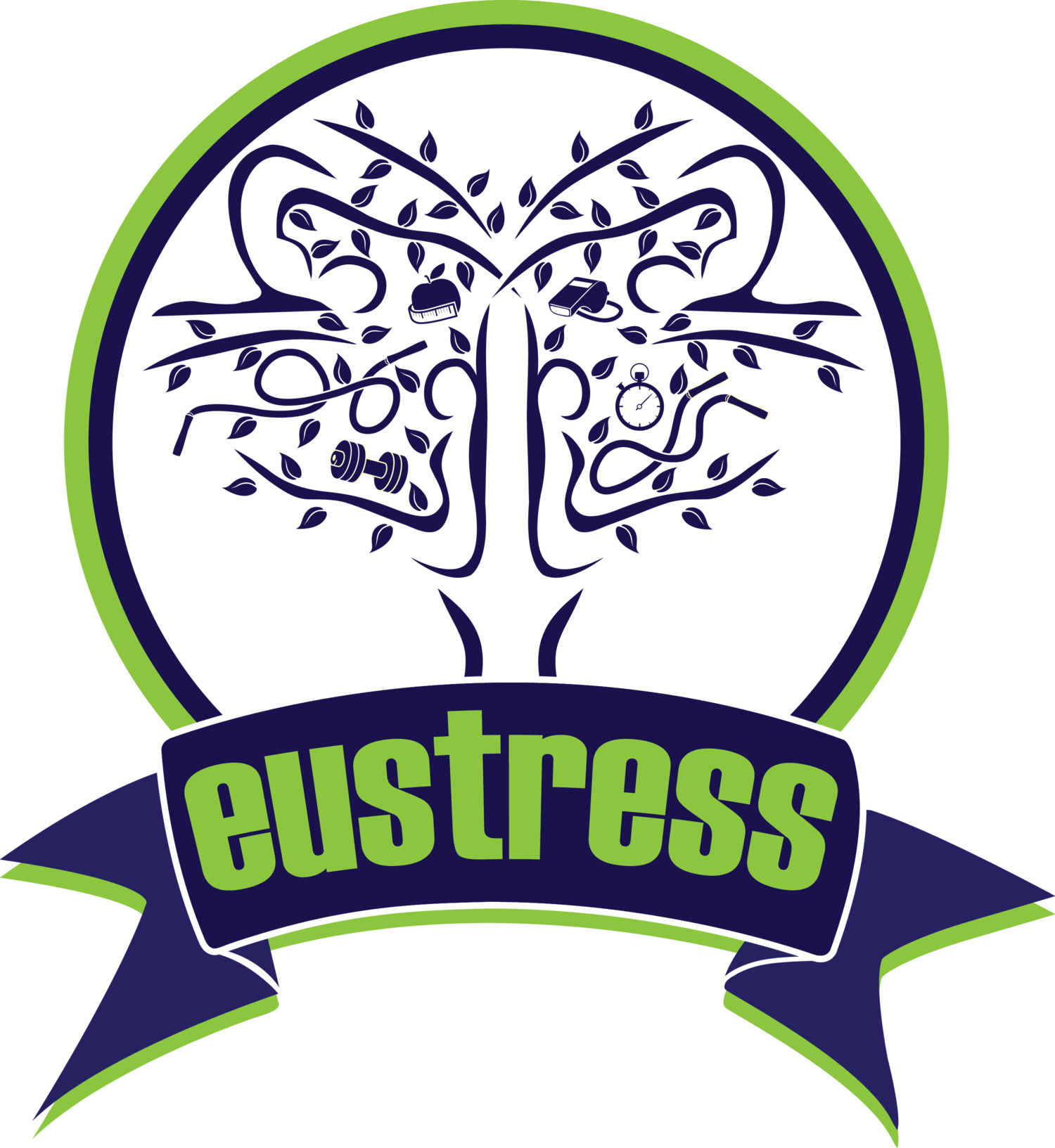WHY EUSTRESSIN'?: JULIAN WILLIAMS
I don't know how else to put it, but I went to college with some really dope people! I met Julian back in 2006 at UNC, and I couldn't be prouder to watch him grow, transform, and saving lives. Between juggling school and working full-time an Emergency Services Registered Nurse, Julian finds ways to add Eustress to his life in a high-stress career. It was an honor to chop it up with my fellow Tar Hell to see how he balances everything!
HEY JULIAN, WHY EUSTRESSIN’?
WHAT DO YOU DO FOR A LIVING/ HOW LONG?
I am currently an emergency service registered nurse in a busy trauma 1 emergency department. I have 4 years experience in multiple specialties such as medical-surgical, and intermediate care. I am also a Family Nurse Practitioner student.
DO YOU EVER THINK ABOUT YOUR MENTAL HEALTH IN YOUR PROFESSION?
Yes, I often think about my own mental health in my profession. Healthcare is undoubtedly an emotionally taxing field in which you see patients at their worst, in hopes that your efforts promote their recovery.
WHAT UNIQUE CHALLENGES DO YOU ENCOUNTER SPECIFICALLY FOR YOUR JOB THAT HAS AN IMPACT ON YOUR MENTAL HEALTH THAT OTHERS MAY NOT KNOW ABOUT?
Again, healthcare is taxing. On an average day, I am responsible for the care of a vast array of medical emergencies from motor vehicle accidents, assaults, gunshot wounds, cardiac complications, and etc. The acumen required regarding providing care, communicating with multiple disciplines, administering medications, adhering to patient and family members’ needs, all while ensuring that your charting mirrors organizational standards can be mentally overwhelming.
One minute your shift is going extremely well, the next minute you have a patient “coding” in the room beside you that requires resuscitative efforts; and although you do everything possible to save their life, death seems imminent. Death in my field is a frank reality and is something that affects you mentally.
WHEN DID YOU REALIZE THAT YOU SHOULD ALSO CONSIDER YOUR MENTAL HEALTH WHEN TAKING ON DAY-TO-DAY ACTIVITIES?
I realized I should also consider my own mental health when taking on day-to-day activities when stress began to affect my own physiologic health. I have a remote cardiac history which includes diagnoses of high blood pressure, and an enlarged heart. Having the medical knowledge of how mental health, routine stress, ties into these medical conditions was the impetus behind my own realization that I need acknowledge the impact it has.
HOW DO YOU MANAGE THOSE STRESSORS ON A DAY-TO-DAY BASIS?
On a day to day basis, quite honestly, stressors are unavoidable. I mean, I’m a full-time student, working full-time and casual RN positions all while trying to maintain a semblance of normalcy. I manage stressors by disconnecting from them, even if momentarily. For instance, if I’m overly stressed at work, I take a “mental break” and step off the unit for a few moments, vent to a coworker, or do something I enjoy (listen to music). If I find myself stressed with the rigors of my studies, I go to the gym. The same applies to the daily stressors of ADULTING.
HOW DOES BEING MENTALLY HEALTHY HELP IN YOUR FIELD OF WORK OR ON THE JOB?
Being mentally healthy helps on the job by disallowing you to be consumed by the undesirable aspects of healthcare such as death and illness. You learn to employ techniques that allow you to protect your emotional and mental wellbeing against the constant threat of stressors within the work environment.
WHAT DOES EUSTRESS LOOK LIKE FOR YOU AT WORK? AT HOME/AWAY FROM WORK?
At work, Eustress is that moment when a medical emergency presents and the hectic nature of trying to save a life yields a sort of mental clarity that allows you to promptly respond as if it were second nature to you. There is a sort of automatic drive that takes over, and drives you to think clearly, react fast, and do what it takes.
WHAT IS SOMETHING THAT YOU WOULD TELL SOMEONE JUST STARTING IN YOUR PROFESSION OR A YOUNG PERSON WHO ASPIRES TO BE THE PROFESSIONAL THAT YOU ARE?
I would tell someone just starting in my profession or someone that plans to go into any discipline of healthcare that it is more than okay to care for yourself just as much, if not more than the care you provide to others. As healthcare professionals, we often neglect our own needs, whether physically or mentally, to attend to the needs of others. It’s not selfish to take care of you! Work is stressing you out? That’s normal. There are more and more regulations/responsibilities delegated to healthcare professionals every day, which makes it seem almost impossible to do your job. But it gets done. Take care of YOU. Try your best to separate yourself from work once you complete your shift. I have learned to “leave work at work” once I clock-out.
ANY OTHER INFORMATION YOU WANT PEOPLE TO ABOUT YOU AND WHAT YOU'RE UP TO?
I am slated to graduate this fall with my Masters of Science in Nursing-Family Nurse Practitioner, followed by my Doctor of Nursing Practice degree summer of 2019. I am excited to take on a new role, which will undoubtedly be an added stressor (I’ll be a novice NP), but worthwhile.
HOW CAN PEOPLE CONTACT YOU FOR MORE INFORMATION?
INSTAGRAM
wjulian_rn1914
LINKEDIN
Julian Williams

